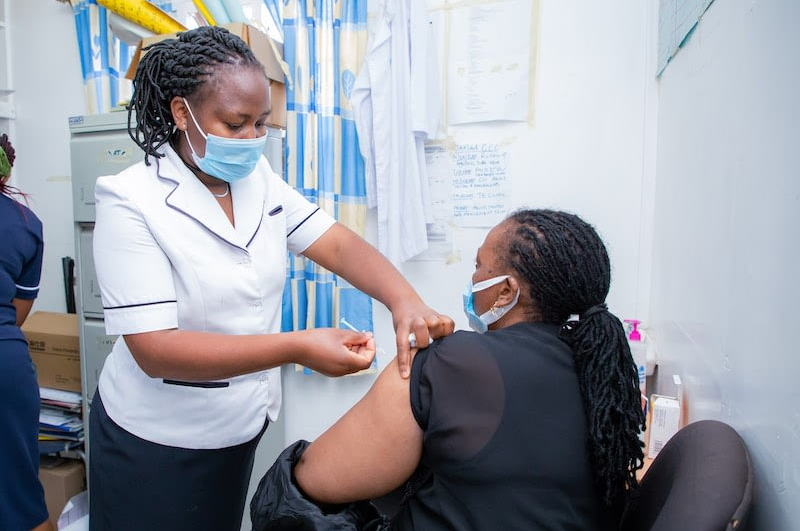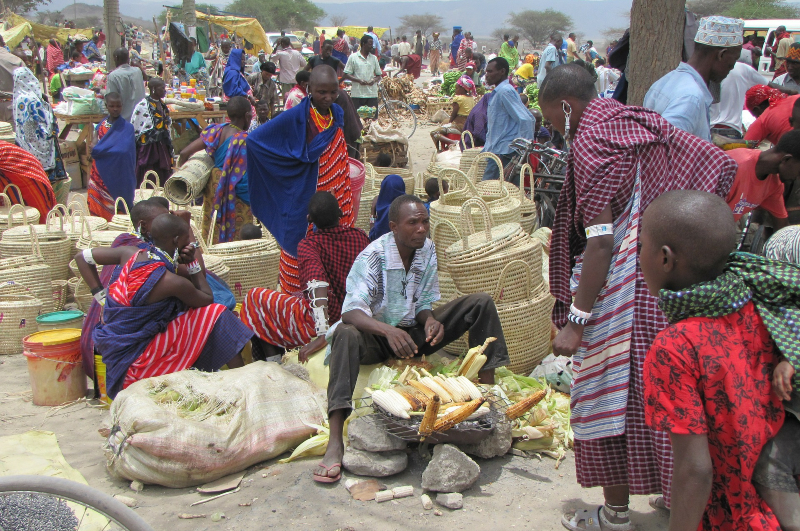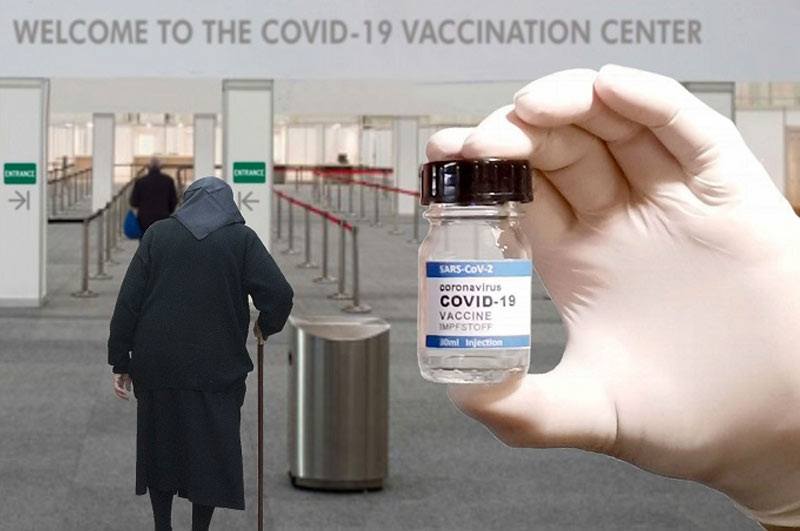


One year after the beginning of the Covid-19 pandemic, the Superiors General of religious congregations at the service of the most fragile people give thanks to God for the generosity with which so many of their members have given their commitment, energy, and even their lives to care for those affected by the insidious virus. Moreover, with confidence in Divine Mercy, they entrust to the Lord the religious men and women who, struck by the virus, have ended their earthly days, at times in painful “solitude”, but always accompanied by the affection, prayer and closeness of their religious families. Sharing the cry of all humanity, we have thus lived with great effort this last year, full of anxiety, suffering and hard work, to safeguard as much as possible the life and health of those entrusted to us.
As we consolidate methods of prevention and treatment that make it possible to face the present challenge and make everyone more attentive and prepared for the future, we hope that all the populations of the planet, even the poorest, will have access to this providential vaccine and we urge all religious men and women to promote this commitment both in their own religious families and in the areas where they work.
Furthermore, as those responsible for numerous residential services for the elderly or those with various types of disabilities, we wish to reaffirm our commitment to continue to place the person at the center of the services offered and the promotion of life in the best possible quality as the specific purpose of our institutions, seeking to continuously improve the quality of our offerings. In the wake of the recent document of the Pontifical Academy for Life “Old Age: Our Future. The condition of the elderly after the pandemic”, we reaffirm that the person must always be at the heart of any care intervention.
We are convinced that the family, especially if it is solid, affectionate, and serene, is the most suitable place to live one’s existence until one’s last day; for this reason we continue our commitment to help support families in their efforts. Unfortunately, we must also note that, especially in Western society today, the family is often in crisis. Realistically, we can say that most of the people housed in our residential services would actually have an alternative of almost continuous solitude. Therefore, it remains the commitment of our religious families to “host” and offer a home with the possibility of healing interpersonal relationships to many people who continue to knock on our doors who, because of the difficulty of their situation, are unable to see their care needs met. In addition, especially when there are chronic disabling diseases, we find that the family asks us to be supported with concreteness, love and professional competence even with the reception in institutions, to give the same family as well as the elderly or disabled person, the security that allows serenity of relationships. We have thus experienced that effective collaboration between residential institutions and the family of origin is possible and gives good results in terms of quality of life and continuity of care. It is in this context that the responses to the needs of the elderly or disabled, especially if they are indigent, can and must be different depending on the social and clinical situation, ranging from staying with the family, to social-housing and community living up to, when necessary, residency in a facility. With gratitude we can recognize that the commitment of religious men and women is present in all these areas, aware that among the victims of the “throw-away culture” repeatedly denounced by Pope Francis, there are often the elderly or people with disabilities.
We must also note that the suffering caused by the pandemic, at times, has been the occasion for some interventions aimed at pushing central or local government bodies to encourage the deinstitutionalization of all types of assistance to people who are fragile due to disability or age and illness and who, due to their non-self-sufficiency, are housed in Social Welfare Residences or Health Residences for the Disabled. In this regard, based on the experience of many of our realities, it seems useful to us to support the presence of facilities that, due to the possibility of providing even more specialized services, can be at the heart of the network of services on the territory, thus becoming a core animator of that social-health “continuum” also desired by the recent document of the Academy for Life above.
May the Holy Spirit continue to give to our religious families that imagination of charity that animated our Founders who, obeying the commandment of the Lord to proclaim the Gospel and take care of the weakest, gave life to numerous Good Samaritan inns helping many brothers and sisters to bless life until its natural end.
Superiors General of male and female religious congregations dedicated to health care and assistance to the most fragile
Related Articles


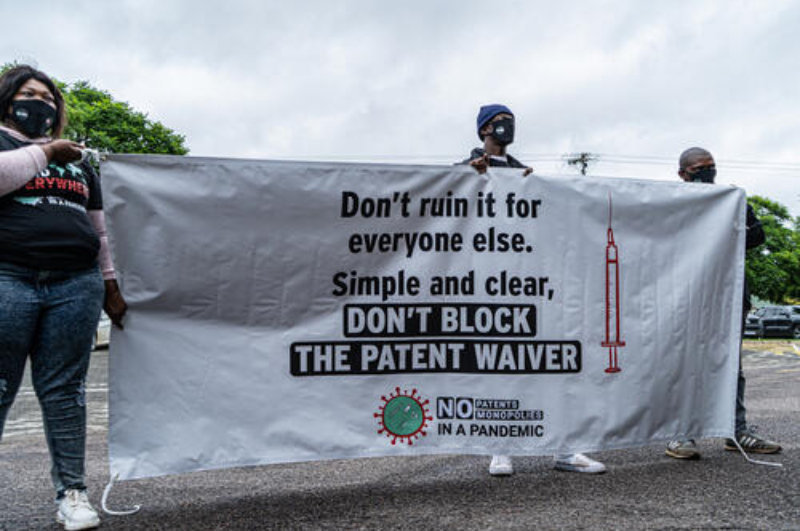
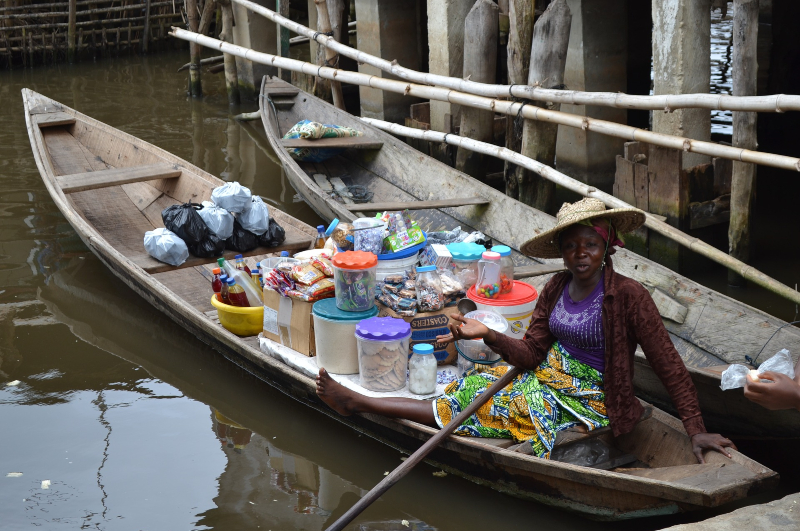
Select Payment Method
Pay by bank transfer
If you wish to make a donation by direct bank transfer please contact Fr Paul Hamill SJ treasurer@jesuits.africa. Fr Paul will get in touch with you about the best method of transfer for you and share account details with you. Donations can be one-off gifts or of any frequency; for example, you might wish to become a regular monthly donor of small amounts; that sort of reliable income can allow for very welcome forward planning in the development of the Society’s works in Africa and Madagascar.
Often it is easier to send a donation to an office within your own country and Fr Paul can advise on how that might be done. In some countries this kind of giving can also be recognised for tax relief and the necessary receipts will be issued.


